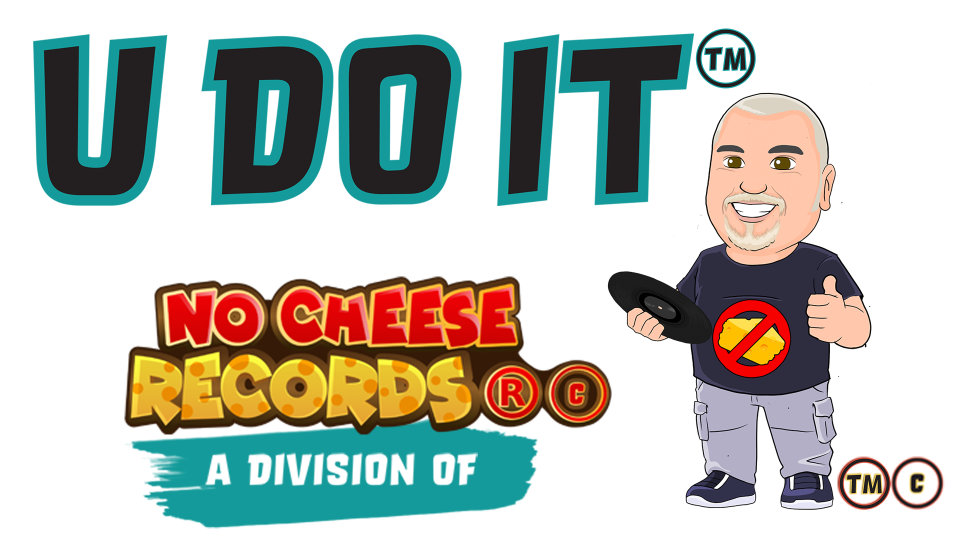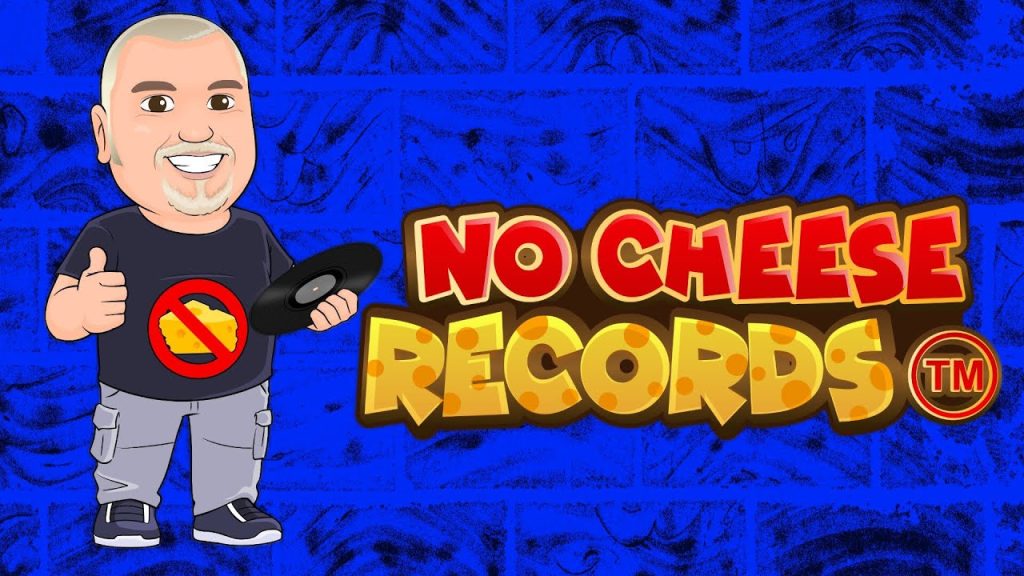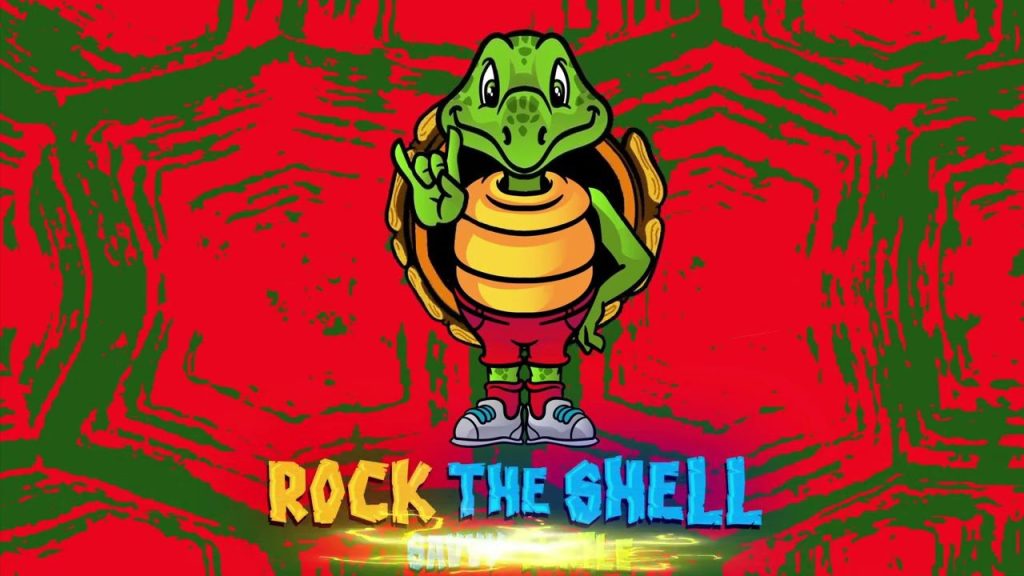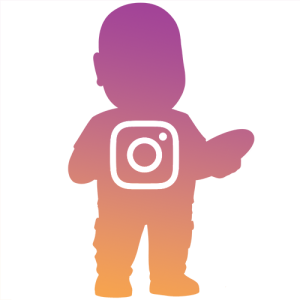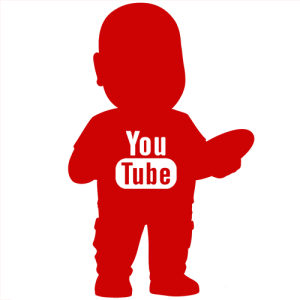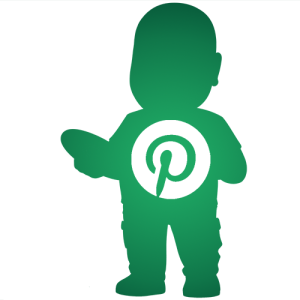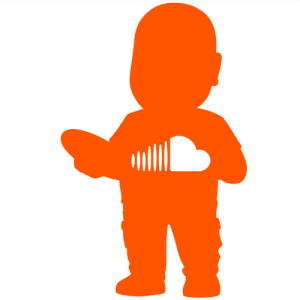Music Licensing: Your Guide to Using Copyrighted Music
Want to use your favorite song in your YouTube video, or maybe include a popular track in your indie film? Using music legally requires understanding music licensing. This guide breaks down the essentials:
What is Music Licensing?
Music licensing is the process of getting permission to use copyrighted music. It involves obtaining the legal rights to use a song or recording in your project. This ensures that the copyright holders (songwriters, artists, and labels) are compensated for their work.
Types of Music Licenses
-
Synchronization License: This allows you to use music in audiovisual works like films, TV shows, videos, advertisements, and video games. It grants the right to synchronize the musical composition (the song itself) with visual images.
-
Master Use License: This allows you to use a specific sound recording in your project. This is necessary if you want to use a particular artist’s version of a song, rather than re-recording it yourself.
-
Mechanical License: This allows you to reproduce and distribute musical compositions. You’ll need this if you want to make and sell cover songs, create CDs, or offer digital downloads of a song.
-
Public Performance License: This allows you to play music publicly, such as in a restaurant, store, or at a live event. Businesses and organizations typically obtain these licenses from Performing Rights Organizations (PROs) like ASCAP, BMI, and SESAC.
How to Obtain a Music License
-
Identify the copyright holders: Find out who owns the musical work copyright (usually the songwriter/publisher) and the sound recording copyright (usually the artist/label).
-
Contact the copyright holders or their representatives: Reach out to the publishers and record labels to request a license. You can often find contact information on their websites or through online databases.
-
Negotiate the license terms: Discuss the scope of use, territory, duration, and fees for the license. The cost of a music license can vary widely depending on factors like the song’s popularity, how you plan to use it, and the size of your audience.
-
Get the license agreement in writing: Make sure you have a written agreement that clearly outlines the terms of the license.
Resources for Music Licensing
- Harry Fox Agency (HFA): HFA is a leading provider of mechanical licenses in the US.
- Easy Song Licensing: This service offers a simplified process for obtaining synchronization licenses for online videos.
- Music Publishers: Many music publishers have their own licensing departments.
- Record Labels: Record labels handle licensing for their artists’ sound recordings.
Key Takeaway
Music licensing is essential for using copyrighted music legally and ethically. By obtaining the necessary licenses, you support creators, avoid legal issues, and ensure that your project is cleared for use across different platforms.
Want to learn more? Check out these cornerstone articles:
- Music Licensing: Your Guide to Using Copyrighted Music
- Fair Use in Music: When Can You Use Music Without Permission?
- Protecting Your Music: A Step-by-Step Guide for Musicians
- Demystifying Music Copyrights: A Comprehensive Guide
- Understanding Music Copyrights: A Quick Guide
- Bigginz Group Therapy Sound Recording Copyright
Picked out for you
U Do It – Anti Cheese (Feat. Savvy Turtle, Northside Nate) (Official Audio) – By U Do It
Savvy Turtle – Domesticated Man (Feat. Ryan Whyte Maloney) (Official Music Video) – By Savvy Turtle
U Do It – Bigginz Group Therapy (Feat. Savvy Turtle) (Feat. Northside Nate) (Official Music Video) – By U Do It
Savvy Turtle – Afterlife (Original Artist) – By Savvy Turtle
U Do It – Bigginz Group Therapy (Feat. Savvy Turtle, Northside Nate) (Instrumental) – By U Do It
Savvy Turtle – Rock On (Original Artist) – By Savvy Turtle
Savvy Turtle – Rock The Shell (Original Artist) – By Savvy Turtle
Music of the Day
Follow U Do It on Social Media
What’s next? Check out About U Do It, History of U Do It, and Mrs U Do It to learn even more about U Do It.

